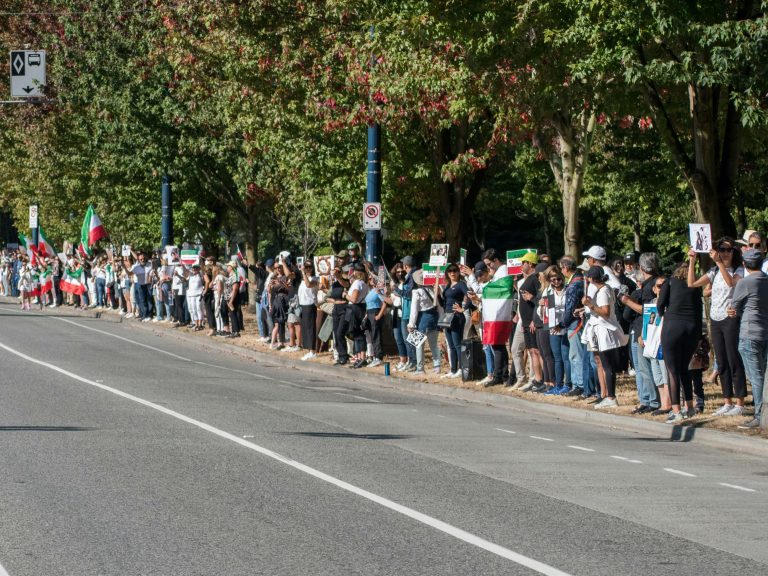Mental health rights are a fundamental yet often overlooked component of human rights. Examining how they are upheld across Europe and Africa reveals both progress and challenges.
Europe: A Rights-Based Approach
In Europe, mental health rights are often anchored in broader human rights frameworks. The European Convention on Human Rights and national laws emphasize non-discrimination, informed consent, and access to care. Initiatives like the European Mental Health Action Plan prioritize these rights, focusing on universal access and reducing inequalities.
Africa: Bridging Gaps
In Africa, the recognition of mental health rights is growing, but systemic barriers remain. The African Charter on Human and Peoples’ Rights acknowledges health as a right, but implementation varies widely. Stigma, limited funding, and a lack of trained professionals hinder progress.
Shared Challenges and Opportunities
Both regions face challenges like addressing stigma, integrating mental health into primary care, and ensuring rights for marginalized groups. However, innovative solutions, such as peer-support programs and digital health tools, offer promising pathways forward.
By prioritizing mental health rights, both continents can create more equitable and compassionate systems, ensuring that no one is left behind.


